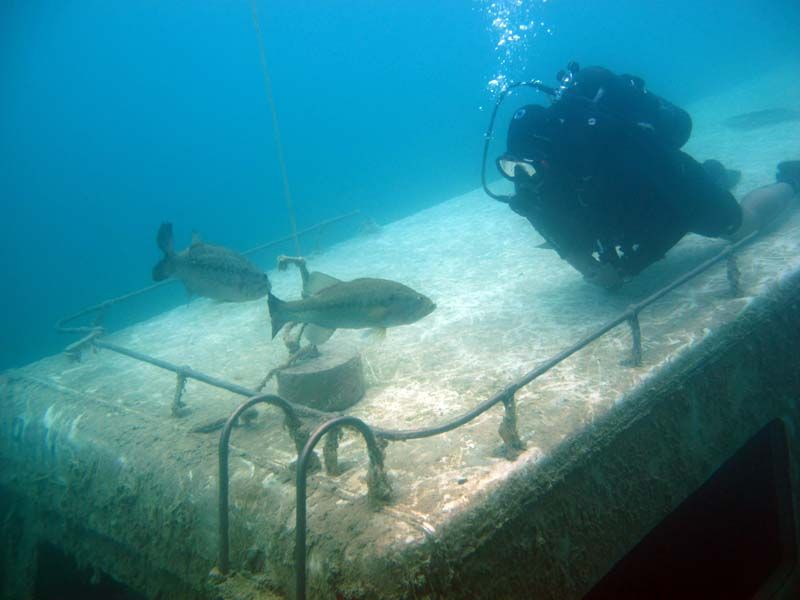Dive stores, as a rule, create divers in their own image. Walking into most dive stores, I can tell you within seconds, the owners interests and what he will try to sell to potential customers. I have preached "ask the customer what they want from diving" and give that experience to them. Do not substitute your vision of diving for the customer's. As a store owner/ employee you take the customer's money to finance your dream. Don't confuse the two.
Nail on the head, at the LDS level. Though in the perfect world "the industry" would figure out - and convey - the broad, macro level version of scuba diving can promise people. In doing so, the LDS will gain the benefit of more people coming in, who are more qualified, and have less detective work to do one-on-one with individual customers.
Plus there's research that shows that people are often demotivated - and often plain turned-off - by being probed and questioned about why they want to make a purchase. Two mindsets often result from this approach:
- I'm being judged: My motives are being called into question, my level of knowledge is being evaluated, they think I don't belong.
- I'm being set up: They are looking for information they can use "against me" in order to sell me stuff I don't really need or want
Lastly, the customer often can't - or won't - tell you why they really want to buy something. No one is going to say "I want to dive because well... you see... the truth is I have very few friends, and I'm looking for a way to find more. It all started when I moved here a year ago for this new job, and that isn't really working out for me... and my boyfriend just left me... so I figured diving might be a good way to meet new people."

The one thing I always tell clients is that the customer probably has a far more compelling reason to buy your product than you can possibly imagine. We just need to be willing to understand what that is... and and to do something about it.
Had a client once who's product was an antiseptic hand lotion. They had all these great studies about how their product killed more bacteria than the leading brand, and pictures of microscope slides, and such. Their whole selling proposition was essentially a high-science, "kills bugs dead" approach. But the product didn't take off. With all the increase in hand germ concerns and that sort of thing, the client couldn't imagine how we had a better product than the market leader - which was growing by leaps and bounds - but we were hardly selling any. Research showed that the biggest thing that correlated with interest and purchase among new purchasers was that they had tried our brand at a friend's house. Client said "that can't be right, because an individual wouldn't be able to determine that our brand has greater antibacterial activity than Brand X, certainly not on a single use... trial should have no effect whatsoever!"
Long story short, we found three things in research:
1.) People assumed "antibacterial efficacy" means "smells bad"
2.) People assumed our "superior antibacterial efficacy" meant "we smell even worse"
3.) We actually smelled BETTER than the leading brand
So, the brand promise the client was pushing of "superior antibacterial efficacy" actually HURT our sales, because it communicated "you won't like our product." But when people actually TRIED our product... they preferred it 4 or 5-to-1 over the market leader. We developed an new message that was essentially "as effective as Brand X... without that chemical smell" and the quantitative market research showed we'd be the market-leader virtually over night.
Do you know what became of that product?
No. Seriously... Do you know what became of that product? Because I don't.
You see, even after all the research, the client still thought he was smarter than the customer... and refused to change the messaging. He was a microbiologist by training, and built his company on "high science" and "clinical studies" and refused to sell the product any other way than "superior antibacterial efficacy."
(Actually, I do know what happened to that client's brand. They went out of business about seven years ago.)




